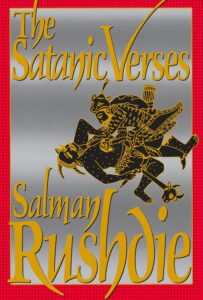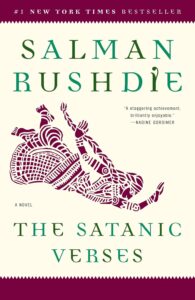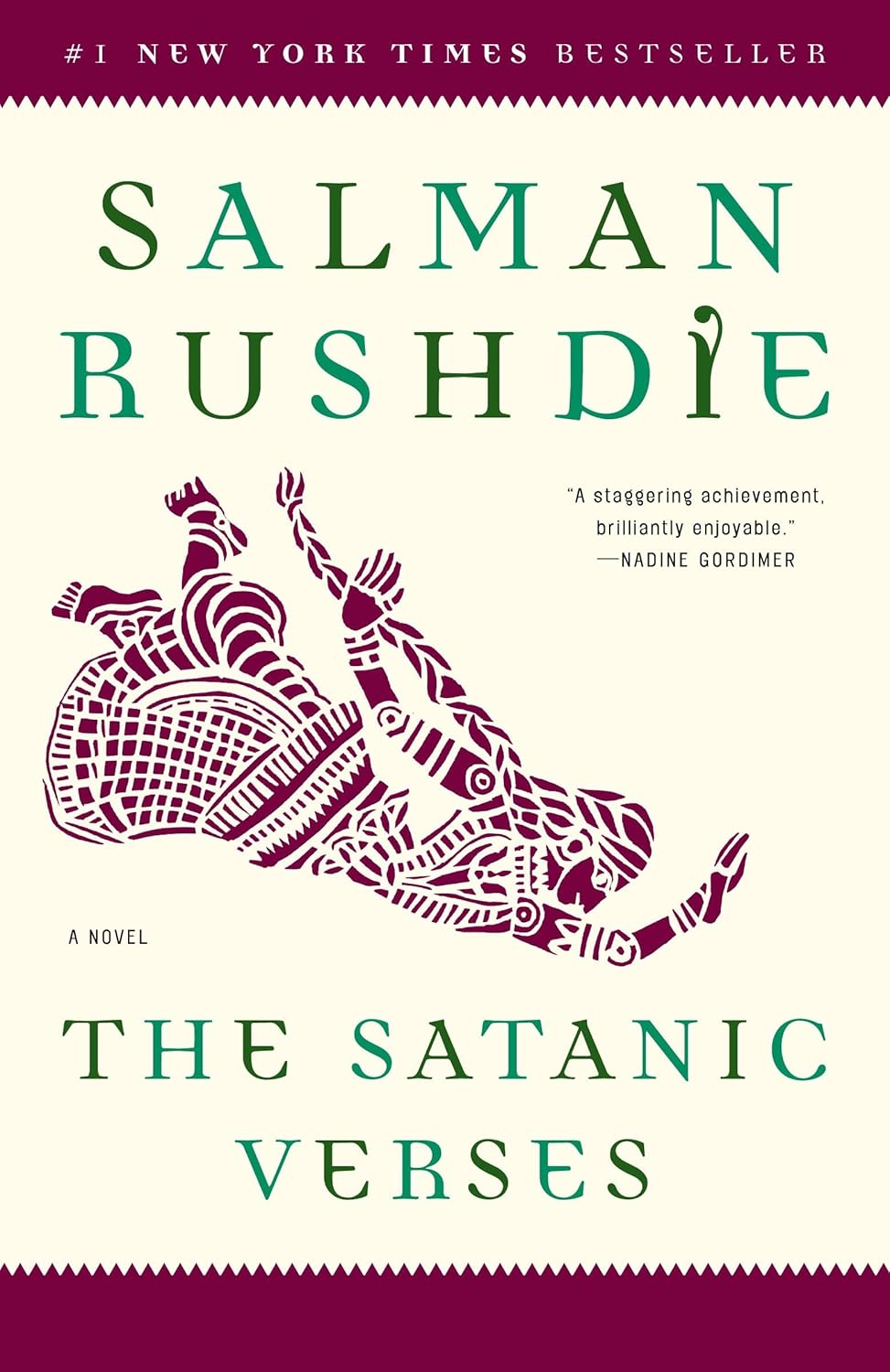When Salman Rushdie published The Satanic Verses in 1988, it immediately became one of the most controversial books of modern times. The novel was banned in several countries, including India, Pakistan, and Saudi Arabia, because of accusations that it was blasphemous toward Islam. Critics objected to its portrayal of a character inspired by the Prophet Muhammad and the way it reimagined parts of Islamic tradition through a lens of magical realism. The controversy quickly escalated beyond literary circles, and the book became a flashpoint for debates about religion, free speech, and artistic freedom.
The most infamous moment came in 1989 when Iran’s Supreme Leader, Ayatollah Khomeini, issued a fatwa calling for Rushdie’s death, declaring the book an insult to Islam. This act of condemnation shook the literary world and made The Satanic Verses more than just a banned novel—it became a symbol of the dangerous intersection between art and politics. Bookstores were bombed, translators were attacked, and Rushdie himself was forced into hiding for years under police protection. Few works of fiction in history have provoked such a global firestorm.
Salman Rushdie, born in 1947 in Bombay (now Mumbai), had already established himself as a major voice in postcolonial literature with his Booker Prize-winning novel Midnight’s Children. Known for blending history, fantasy, and politics, Rushdie’s work often explores themes of identity, migration, and cultural conflict. With The Satanic Verses, he pushed even further, testing the limits of storytelling and confronting sensitive questions about faith, doubt, and freedom of expression.
The novel itself follows two Indian actors who survive a plane crash and find themselves transformed—one takes on angelic qualities, while the other assumes demonic traits. Their journeys intertwine with dreamlike narratives that mix myth, history, and personal struggle. At its heart, the book explores themes of faith, exile, identity, and the tension between tradition and modernity. Rushdie’s daring use of satire, symbolism, and magical realism gave the novel its power, but also made it vulnerable to misinterpretation and outrage.
Today, The Satanic Verses remains a book that sparks intense reactions. For some, it is a brave defense of artistic freedom and the right to question sacred ideas; for others, it is deeply offensive and unacceptable. What cannot be denied is its lasting impact on global discussions about censorship, religion, and literature. The controversy surrounding it still serves as a reminder of the power of books to provoke, challenge, and even endanger their authors.



